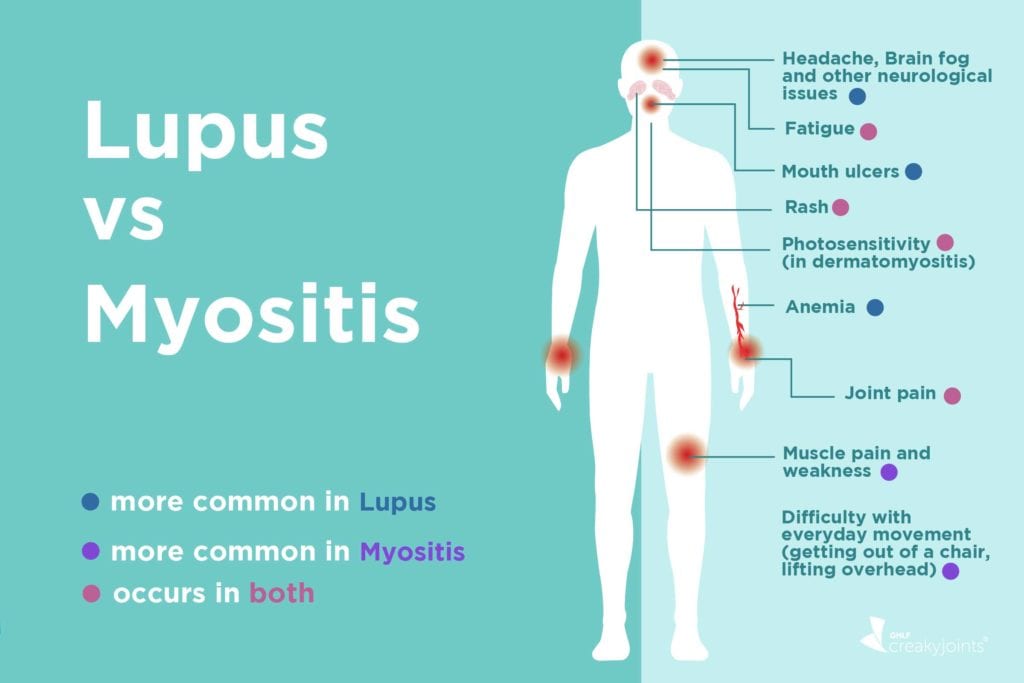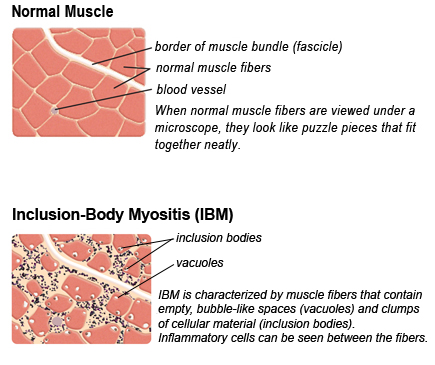
Myositis is an inflammatory disorder of the muscles. It can be mild or severe, resulting in problems with voluntary movement. The symptoms can be mild to severe and range from stiffness to weakness. There are different types of myositis. DM, for instance, is a type of inflammatory myopathy. It is not hereditary and is caused by the immune system attacking the muscles. The immune system can also attack the skin, blood vessels, and connective tissue. People who have myositis experience muscle pain and weakness.
Inclusion body myositis is a type of myositis that affects older people. This type can result in atrophy of the forearms, wrists, and fingers. Men are more prone to developing this type of myositis than women. This type of myositis is not genetic. Juvenile myositis is a form of adult-onset inflammatory myositis that affects between three and five thousand children in the United States.
The symptoms and diagnostic challenges for each type of myositis are unique. The Myositis Support and Understanding website focuses on the diagnosis of acquired myositis, also known as idiopathic inflammatory myopathies. Patients with acquired myositis, or IIM, do not inherit the disease. The immune system attacks the muscles and connective tissues, blood vessels, lungs, and skin.
Myositis is an inflammatory muscle disease that causes weakness in the arms, legs, and brain. Treatment depends on the type of myositis. The basis of therapy is immunosuppression, physiotherapy and prevention of complications. Non-drug treatment options exist, but these medications are not always recommended. Medicines used to treat myositis are often not approved by the FDA, so they are not a panacea for all cases.
There are different types of myositis, but it’s important to understand the symptoms in order to make an informed decision about your treatment options for your condition. It can be difficult to determine what type of myositis you have. However, you should definitely see a doctor as soon as you suspect muscle weakness. It can take months to diagnose and you should be aware of your symptoms to make sure they are not related to anything else.

The doctor should be able to diagnose the condition if it is asymptomatic. Treatment options for this disorder vary from patient to patient, so it’s important to find a doctor who specializes in your type of myositis. The recommendations on site https://porticoonline.mx/
can help you determine the best treatment options for your condition. The type of myositis will affect the cause of your inflammation. For example, an infection can cause illness, but it is not necessarily fatal.
Myositis types differ in the location of the muscle that is affected. There are different types of myositis, including dermatomyositis, toxic myositis, and juvenile myositis. Inclusion body myositis is a rare type of myositis that affects men and women, and it usually appears after age 50. Inclusion body myositis causes progressive muscle weakness and atrophy. Symptoms tend to be asymmetrical, with patients showing a preference for extending their knees and closing their hands. There is no effective treatment for this type of myositis; it is a chronic disease that requires medication.
Treatment for this condition varies greatly. Drug treatments are the mainstay of treatment for this condition. Depending on the type of myositis, medications are often required. Some medications are used to prevent complications of the condition. The FDA does not approve most of them. Most of these medicines are not approved for use in the United States. There are several treatments for myositis. The type of myositis you have will depend on the severity of your condition.
Although there are no definitive treatment for this disease, there are many treatments for the condition. There are various ways to manage the symptoms and get relief from myositis. The treatment for myositis is dependent on the type of the disease. There are many different types of myositis. Some forms are chronic and may have a recurrence. There are some cases where the condition isn’t curable and some people have to take painkillers.
The most common type of myositis is polymyositis, which affects a large number of muscles. The symptoms of this type of myositis include weakness, fatigue, and pain in the muscles. It is important to know the cause of your condition before undergoing treatment. Some of these symptoms may be indicative of other conditions or autoimmune disorders. So, it is important to know the causes of your condition.
Leave a Reply